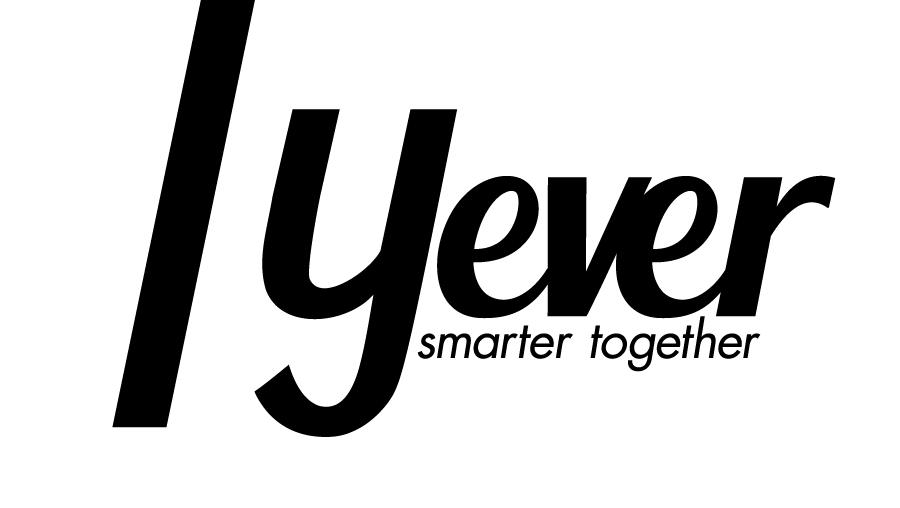

Yever

Yangon Region, Myanmar
October 2018
Other business support
Service with Minor Environmental Footprint
Myanmar
Based in Yangon, Yever is a consultancy offering custom-made solutions to corporate leaders. Their team works with Myanmar companies to make their practices smarter, stronger and more sustainable. They are convinced that responsible and sustainable businesses will be instrumental in building a stronger Myanmar. They strive to provide them with the tools and insights to do so. They aim to ask themselves the right questions in order to support their clients in making better decisions. This is what drives them, their team, and their clients every single day. They rely on the trust of their clients and partners. This is an honour and they strive to deliver innovative and custom made solutions. They are their best ambassadors. They want to empower their team by training them in the best business practices and ensuring that they gain useful expertise, not only for their clients but also for their future. They also believe in spending time on pro bono work with some of their stakeholders. This enables them to access valuable knowledge, creating a better business environment and more societal value.
Overall B Impact Score
Governance 12.4
Governance evaluates a company's overall mission, engagement around its social/environmental impact, ethics, and transparency. This section also evaluates the ability of a company to protect their mission and formally consider stakeholders in decision making through their corporate structure (e.g. benefit corporation) or corporate governing documents.
What is this? A company with an Impact Business Model is intentionally designed to create a specific positive outcome for one of its stakeholders - such as workers, community, environment, or customers.
Workers 33.6
Workers evaluates a company’s contributions to its employees’ financial security, health & safety, wellness, career development, and engagement & satisfaction. In addition, this section recognizes business models designed to benefit workers, such as companies that are at least 40% owned by non-executive employees and those that have workforce development programs to support individuals with barriers to employment.
Community 25.9
Community evaluates a company’s engagement with and impact on the communities in which it operates, hires from, and sources from. Topics include diversity, equity & inclusion, economic impact, civic engagement, charitable giving, and supply chain management. In addition, this section recognizes business models that are designed to address specific community-oriented problems, such as poverty alleviation through fair trade sourcing or distribution via microenterprises, producer cooperative models, locally focused economic development, and formal charitable giving commitments.
Environment 13.6
Environment evaluates a company’s overall environmental management practices as well as its impact on the air, climate, water, land, and biodiversity. This includes the direct impact of a company’s operations and, when applicable its supply chain and distribution channels. This section also recognizes companies with environmentally innovative production processes and those that sell products or services that have a positive environmental impact. Some examples might include products and services that create renewable energy, reduce consumption or waste, conserve land or wildlife, provide less toxic alternatives to the market, or educate people about environmental problems.
Customers 23.1
Customers evaluates a company’s stewardship of its customers through the quality of its products and services, ethical marketing, data privacy and security, and feedback channels. In addition, this section recognizes products or services that are designed to address a particular social problem for or through its customers, such as health or educational products, arts & media products, serving underserved customers/clients, and services that improve the social impact of other businesses or organizations.
What is this? A company with an Impact Business Model is intentionally designed to create a specific positive outcome for one of its stakeholders - such as workers, community, environment, or customers.